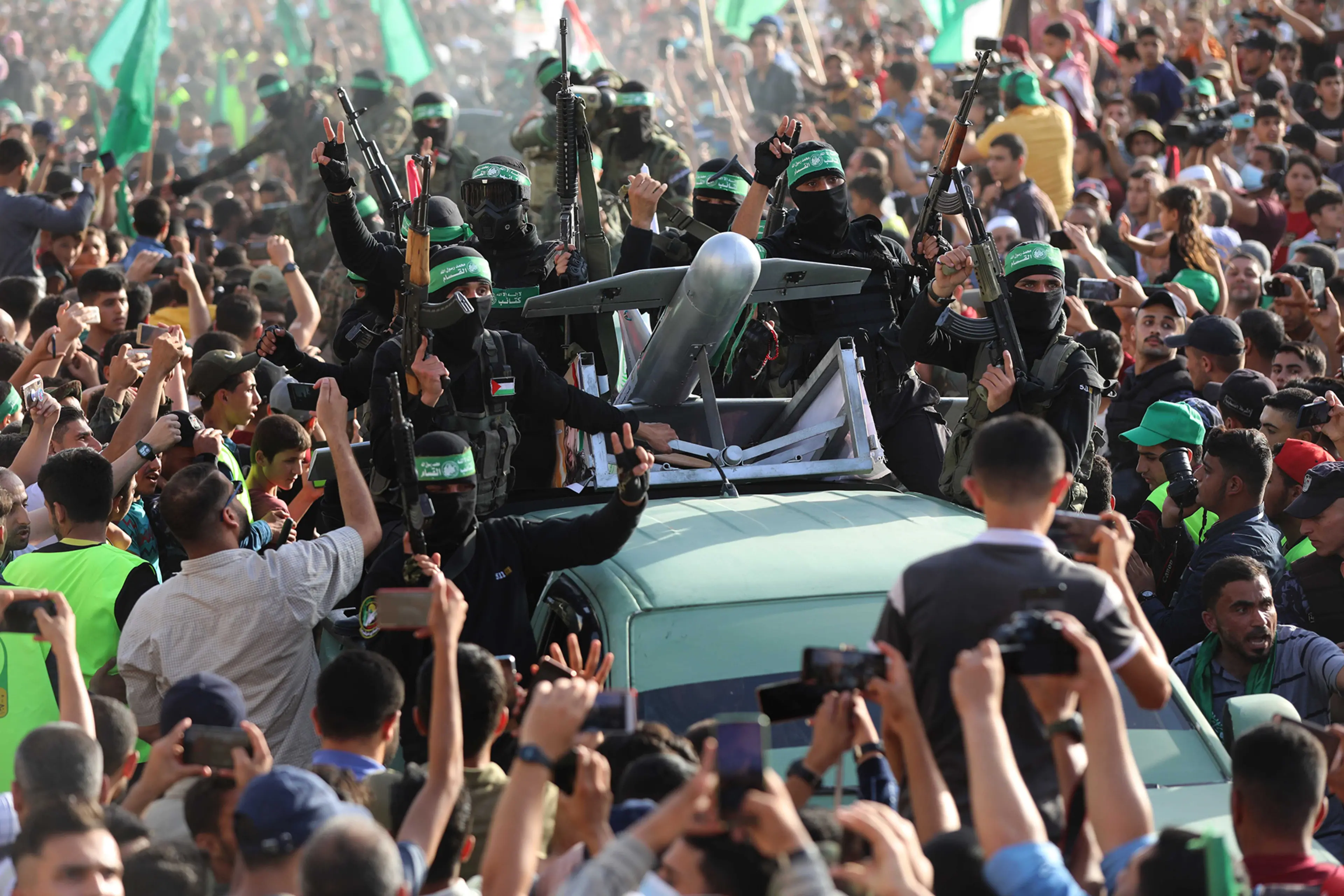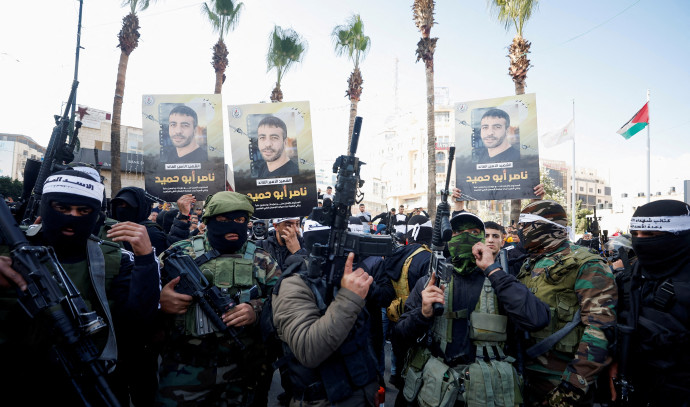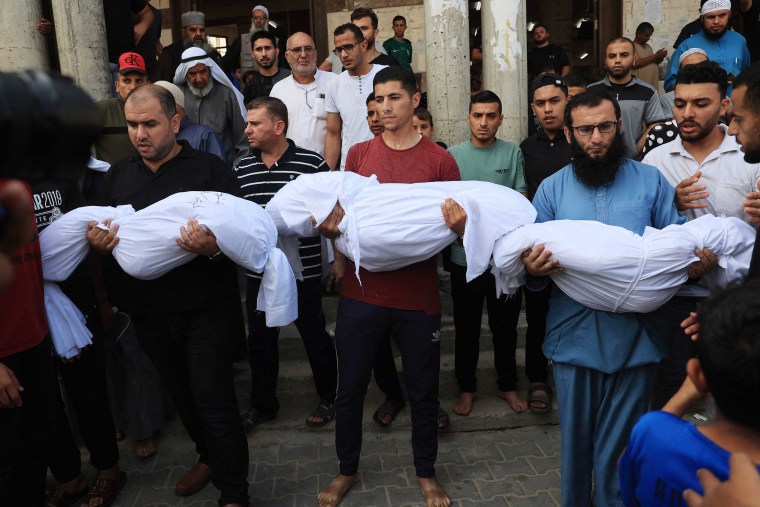Israel is currently facing a severe crisis as it grapples with relentless attacks from Hamas, an Iranian-backed terrorist group operating in the Gaza Strip. The conflict, which began with a barrage of rockets launched by Hamas, has escalated quickly, resulting in a significant loss of life and destruction.

Source: Oneindia News
Hamas and Its Backers:
Hamas, short for the Palestinian group known as the Islamic Resistance Movement, is a militant Islamist organization that has been designated as a Foreign Terrorist Organization (FTO) by the United States, the European Union, and Israel. Established in 1987, Hamas has maintained a firm grip on the Gaza Strip since its violent takeover in 2007, following Israel’s unilateral withdrawal in 2005. The group’s funding and training primarily come from Iran, making it a formidable force in the region. Hamas enforces a strict Islamic code on its two million-plus residents, while also engaging in ongoing hostilities with Israel, including launching rockets and incendiary devices into Israeli territory and organizing mass protests along the border fence.

Source: Council on Foreign Relations
The Genesis of the Conflict:
On October 7th, the Hamas terror organization initiated a coordinated attack on southern Israel, launching thousands of rockets from the Gaza Strip. This sudden onslaught resulted in a tragic loss of life, with at least 600 casualties reported in Israel. Mohammad Deif, the senior Hamas military commander, declared this offensive as “Operation Al-Aqsa Storm” and called upon Palestinians from Jerusalem to Israel to join in the attacks, describing it as a pivotal moment to end the perceived Israeli occupation.
Israel swiftly responded to the attacks, vowing to locate and eliminate Hamas terrorists wherever they were found. The Israel Defense Forces’ spokesperson, Daniel Hagari, emphasized that high-profile targets were also being targeted.

Source: The Jerusalem Post
Hamas vs. Fatah:
The conflict in Israel is not only about Hamas but also about the complex dynamics between various Palestinian factions. A long-standing rivalry exists between Hamas and Fatah, another prominent Palestinian political party. This rivalry has often hindered efforts to achieve Palestinian unity and negotiate peace with Israel. Understanding these internal divisions is crucial in comprehending the broader context of the ongoing conflict.

Source: Daily Mail Online
Israel’s Response:
Israeli Prime Minister Benjamin Netanyahu, who declared Israel to be at war, delivered a televised address, pledging to employ the full strength of the military to eliminate Hamas’ capabilities. However, he cautioned that this war would be challenging and prolonged, promising that Israel would respond with force commensurate with the threat it faces.
The Israeli military intensified its airstrikes on Gaza, targeting over 800 locations, including residential buildings and Hamas offices. These airstrikes, many of which occurred after nightfall, caused significant destruction and prompted evacuations, while reducing entire buildings to rubble.

Source: 9News
U.S. Leaders’ Response:
Leaders in the United States have been swift in condemning the Hamas attacks on Israel. President Joe Biden, in a White House statement, firmly supported Israel, labeling Hamas as a terrorist organization orchestrating the attacks. He assured that the United States stands by Israel and is in contact with regional leaders to provide necessary support. Additionally, Defense Secretary Lloyd Austin announced the rapid provision of equipment and resources to the Israel Defense Forces, including munitions, underlining the strong U.S.-Israel alliance.
Prominent figures such as Senator Chuck Schumer and Rep. Patrick McHenry also expressed unwavering support for Israel, emphasizing the unique bond between the two nations. Schumer confirmed that Israel’s needs were being met and that the Senate was prepared to offer further assistance.

Source: NBC News
The Human Toll:
Tragically, the conflict has taken a devastating toll on civilians in both Israel and Gaza. Palestinian health officials reported that more than 300 Palestinians have been killed in retaliatory Israeli airstrikes on Gaza. On the Israeli side, the casualties are also deeply troubling, with a significant number of lives lost.



















































































